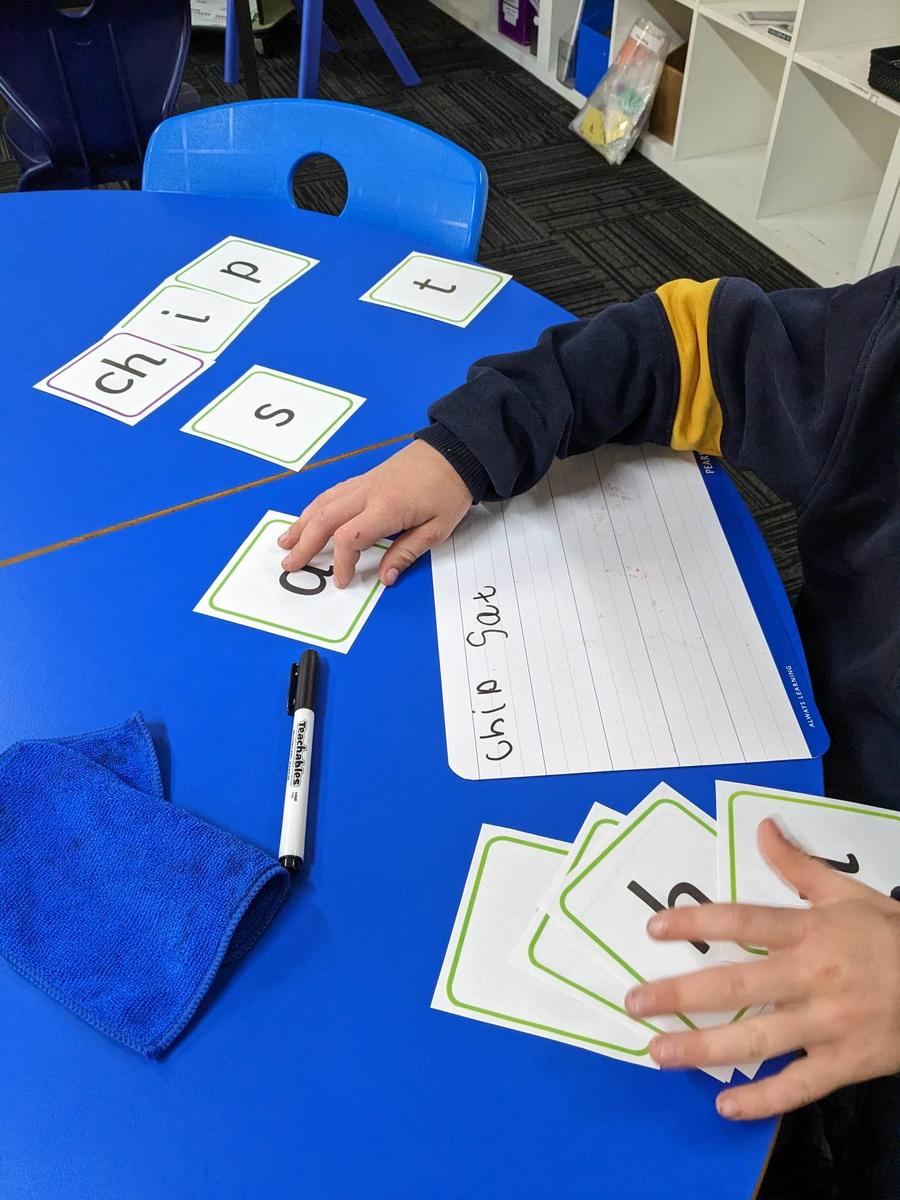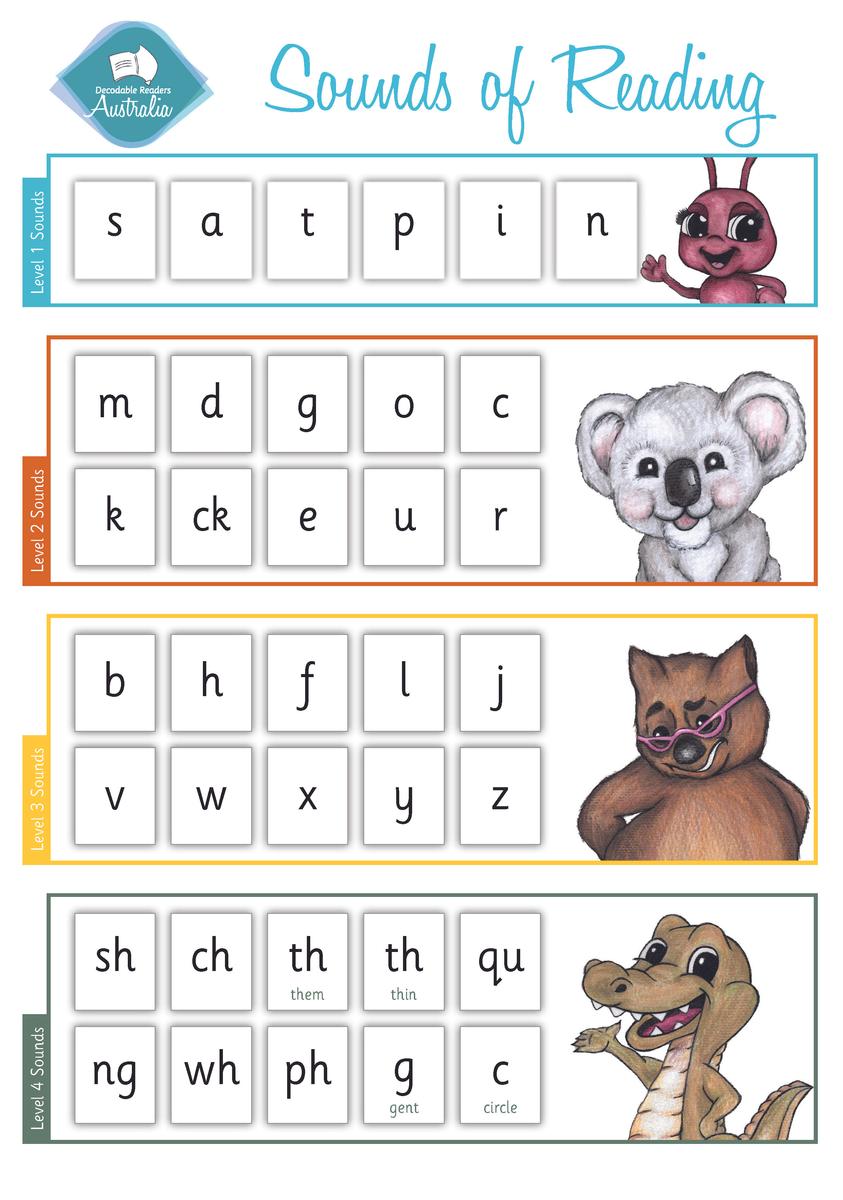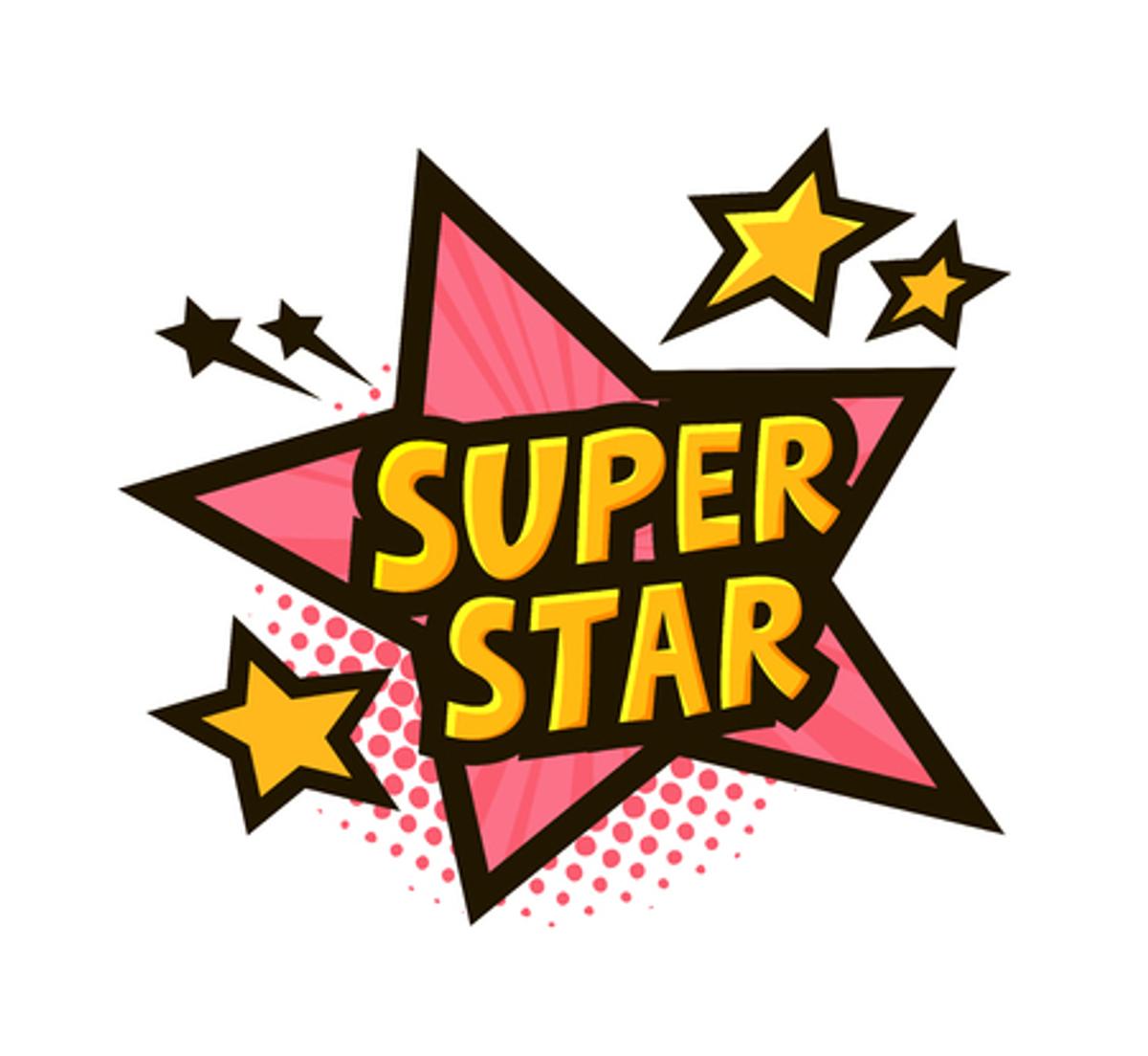Tutor Learning Initiative (TLI)
Take a look at what students working with Mrs Dallas have been up to!

Tutor Learning Initiative (TLI)
Take a look at what students working with Mrs Dallas have been up to!
Since our last check-in, students have been working incredibly hard on trying to orthographically map the sounds of our English language onto the graphemes that represent these sounds. This involves the formation of letter-sound connections to bond the spellings, pronunciations, and meanings of specific words in memory. There are 44 sounds in our language, however, we only have 26 letters in our alphabet! What a conundrum this presents to learners of our language, as it means we need to create different letter combinations to represent the full range of sounds available to us.
Seems easy, yes? Well, not quite! This little quirk of the English language then enables us to create over 280 letter or letter combinations to represent these sounds. Just think - how many ways do you already know how to represent the sound /ay/?
/ay/, /ai/, /a_e/, /a/, /eigh/, /ei/, /ey/, /ae/, /ea/, /aigh/, plus several others, can all be used in different places within different words to represent the exact same sound. Crazy!






Our students have been learning how to specifically use certain representations of sounds in words - whether they are most common at the beginning, middle or endings of words, as well as learning about word parts that can be added to base words to change the meaning of the word. These are known as affixes and can be used to help decode the meaning of an unfamiliar word e.g. knowing that /-ed/ on the end of a verb changes the tense of the verb in a regular way. There are, of course, exceptions to the rule - but we learn about those, too!




Students who have become confident and automatic with recalling both the basic and extended alphabetic code are now putting that learning to work through fluency practice. This could include reading short passages, entertaining poems, or even small plays to be performed to others.
The students who participate in the tutoring program have worked incredibly hard to retain and maintain a high standard of learning and should continue to feel pride and a sense of achievement with their progress this term. They are all superstars!


Please find some helpful resources below to support any child in their literacy development: